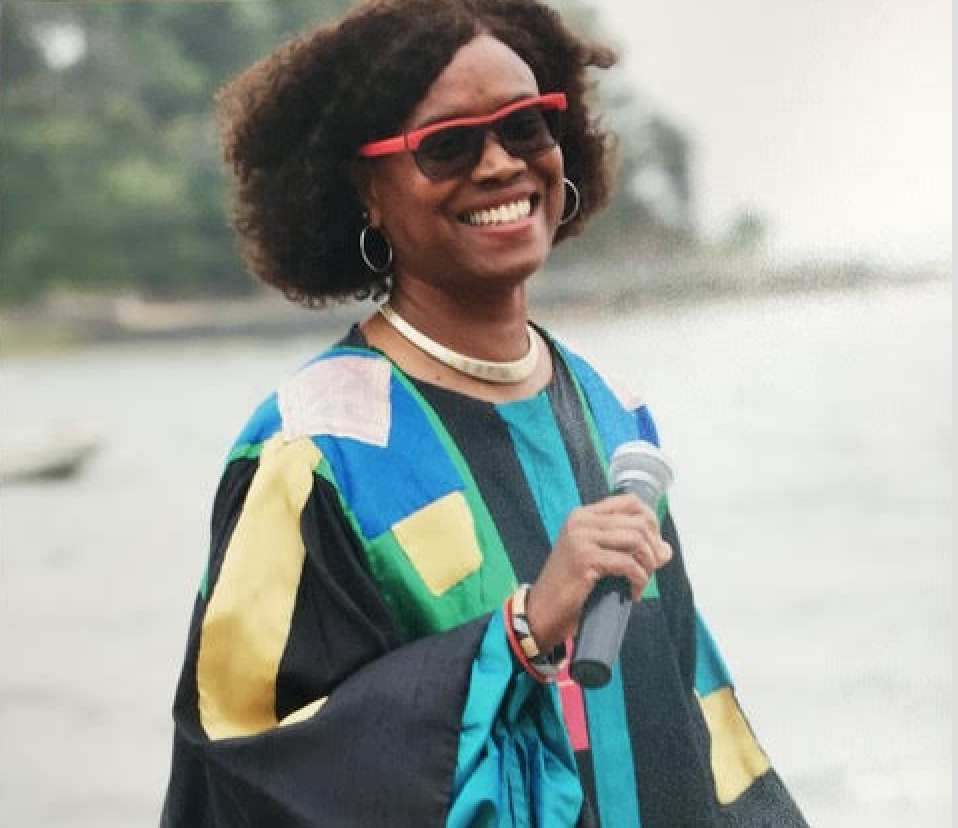The Challenge of Listening

Question & Answer
Q: By A Reader
What can we as a nation learn from the aftermath of George Floyd’s death?
A: By Rev. Irene Monroe
Change is a shared responsibility. No one person or group of people can do it alone. Our elders of the 1960s Civil Rights Movement have given us wise counsel on how to proceed. For example, John Lewis’s final essay titled “Together, You Can Redeem the Soul of Our Nation”, which he requested to be published on the occasion of his funeral, stated: “Democracy is not a state. It is an act, and each generation must do its part to help build what we called the Beloved Community, a nation and world society at peace with itself.”
To improve our Democracy, we need to listen to one another. However, with the cacophony of voices and continued violence in the streets of America, we miss the vital importance of listening. George Floyd’s death was an inflection point for many Americans, and more people are now listening. Nevertheless, listening to one another is difficult because it requires being non-defensive, hearing without judgment, taking notice and responsibility for one’s action, and acting toward the request for change with good intentions.
In my opinion, there are five levels of listening. However, the one that would bring about the Beloved Community, for which both Martin Luther King and John Lewis spent their lives advocating, requires compassionate listening.
Ignored listening makes no effort to listen. Pretend listening gives a feigned appearance to being listening. Selective listening hears what interests or serves one’s agenda. Empathic listening hears with both one’s heart and mind to understand the speaker’s feelings and struggles. However, what Martin Luther King preached about the Beloved Community, and John Lewis wrote about in his final request to us as Americans, requires compassionate listening.
Compassionate listening and empathic listening are related. They differ in that compassionate listening not only hears with one’s heart and mind, but it’s listening with an impetus to help and to improve the lives of the suffering. Compassion means “to suffer together.” From a theological perspective, I understand compassion to be both rooted in a praxis of action and an ethic of social justice. In other words, it is a type of consciousness and an “awokeness” to others distress – emotionally, personally, and systemically – with a desire to alleviate the suffering. Also, compassionate listening is an understanding of the interconnectedness between ourselves and others. It allows you to see the “other” as yourself, which is sacred. Compassion listening opens us up to the world and provides an opportunity for radical inclusion.
Moving forward as a nation in the aftermath of Floyd’s death and in honoring the legacy of John Lewis, who said, “we can redeem the soul of our nation” if we embrace intersectional concerns and goals to best address systemic racism and police violence. James Baldwin said, “Not everything that is faced can be changed, but nothing can be changed until it is faced.
It starts with listening!
~ Rev. Irene Monroe
*** This Q&A was originally published on Progressing Spirit – As a member of this online community, you’ll receive insightful weekly essays, access to all of the essay archives (including all of Bishop John Shelby Spong), and answers to your questions in our free weekly Q&A. Click here to see free sample essays.
About the Author
The Reverend Monroe does a weekly Monday segment, “All Revved Up!” on NPR’s WGBH. She is a weekly commentator on New England Channel NEWS and is the Boston voice for Detour’s African American Heritage Trail, Guided Walking Tour of Beacon Hill: Boston’s Black Women Abolitionists. A Huffington Post blogger and a syndicated religion columnist for the Boston LGBTQ newspaper Baywindows, Cambridge Chronicle, and the Boston Globe. Monroe stated that her “columns are an interdisciplinary approach drawing on critical race theory, African American, queer and religious studies. As a religion columnist she tries to inform the public of the role religion plays in discrimination against lesbian, gay, bisexual, transgender and queer people. Her papers are at the Schlesinger Library at Radcliffe College’s research library on the history of women in America. Click here to visit her website.

